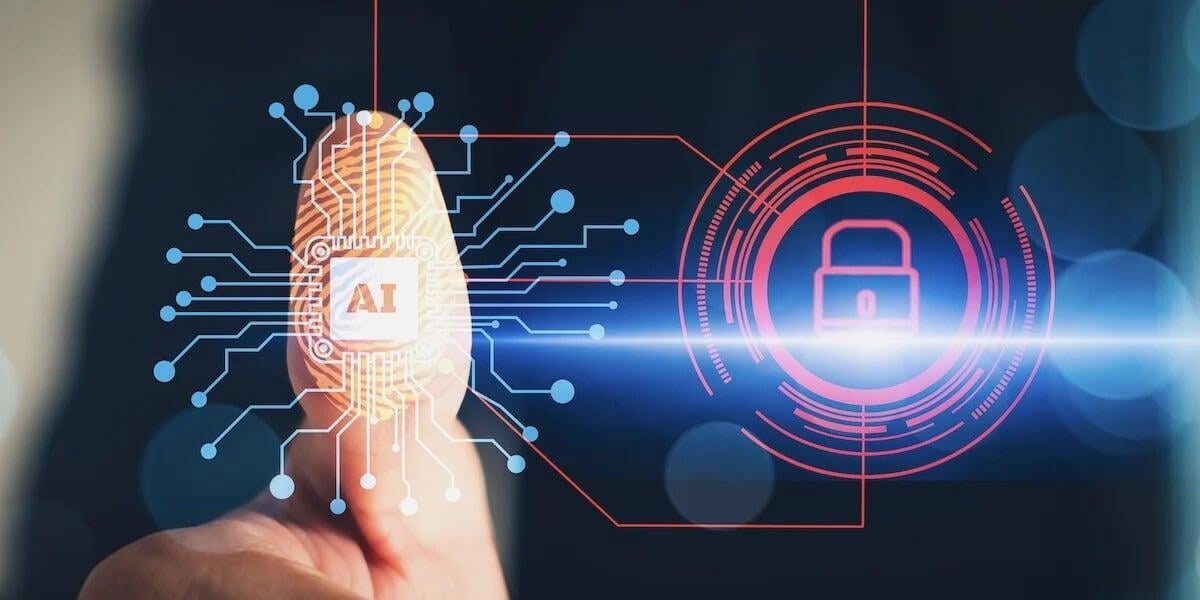Contributed by - Om Parkash Dahiya

The increasing use of artificial intelligence (AI) technology is having a significant impact on data privacy. AI relies heavily on data to learn and improve, and this often involves processing and analyzing large amounts of personal data, which can raise concerns about privacy.
One of the main concerns with AI and data privacy is that personal data may be used without an individual's consent or knowledge. As AI algorithms become more sophisticated, they can identify patterns and make predictions about individuals based on their personal data, including sensitive information such as health records, financial information, and personal preferences.
In addition, the use of AI in decision-making can also pose a threat to data privacy. For example, if an AI algorithm is used to determine creditworthiness or job prospects, individuals may not have access to the data used to make these decisions, making it difficult for them to challenge or dispute the outcome.
Furthermore, the storage and processing of personal data by AI systems can also create security risks. Hackers may attempt to access the data for nefarious purposes, and if a breach occurs, it could lead to the exposure of sensitive information.
To address these concerns, regulations such as the General Data Protection Regulation (GDPR) in the European Union and the California Consumer Privacy Act (CCPA) in the United States have been put in place to protect individuals' data privacy. These regulations require organizations to be transparent about their use of personal data and to obtain explicit consent from individuals before collecting and processing their data. They also give individuals the right to access and control their personal data.
Overall, AI has the potential to greatly enhance our lives, but it is important to consider the impact it may have on data privacy and to take steps to mitigate any potential risks.
Examples of Misuse of AI in Data Privacy
There have been several instances of misuse of AI in data privacy, some of which have led to significant public concern and scrutiny. Here are a few examples:
Facial recognition: Facial recognition technology uses AI to identify individuals from images or videos. However, this technology has been used without individuals' consent or knowledge in some instances, such as in surveillance programs, leading to concerns about privacy violations and potential misuse of data.
Algorithmic bias: AI algorithms can be biased if they are trained on biased data or designed with biased assumptions. This can lead to discrimination against certain groups, such as women or people of color, in areas like job recruitment, lending decisions, and criminal justice.
Predictive policing: AI algorithms have been used to predict crime hotspots and to make policing decisions, but there are concerns that these algorithms could be biased against certain communities or individuals, leading to discriminatory practices.
Health data breaches: With the increasing use of AI in healthcare, there is a risk that personal health data could be compromised in a data breach or used without consent. This could lead to sensitive information being exposed or used for malicious purposes.
Overall, these examples demonstrate the importance of responsible AI use and the need for regulations and ethical guidelines to protect individuals' data privacy.

